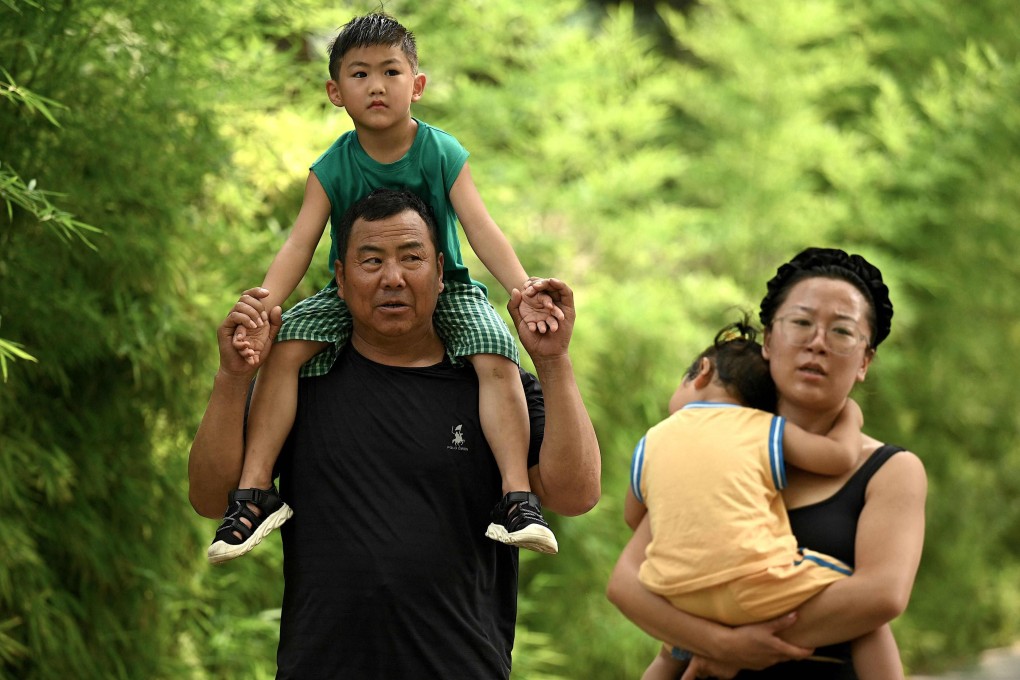Advertisement
China population: city dangles free high school education for third child amid birth rate crisis
- In Weifang, Shandong province, families will not have to pay high school tuition fees for the third child
- The measure is part of a series of incentives Chinese local governments are rolling out to stimulate births
Reading Time:2 minutes
Why you can trust SCMP
6

Mandy Zuoin Shanghai
A local government in eastern China is controversially offering free high school education for the third child in a family, as authorities roll out a variety of incentives for couples to have babies amid a record-low birth rate.
After relaxing its one-child policy in January 2016, China introduced a three-child policy in May 2021 in response to the country’s declining birth rate, which is expected to weigh significantly on the country’s economy in decades ahead.
In Weifang, Shandong province, families will not have to pay tuition fees for the third child at high school, according to a policy issued by the city government on Tuesday.
Advertisement
The new rule, which some said impairs educational equality, will apply to babies born after May 31 last year, the government said.
China has nine years of compulsory education for free, followed by three years of paid high school tuition.
Advertisement
Advertisement
Select Voice
Choose your listening speed
Get through articles 2x faster
1.25x
250 WPM
Slow
Average
Fast
1.25x